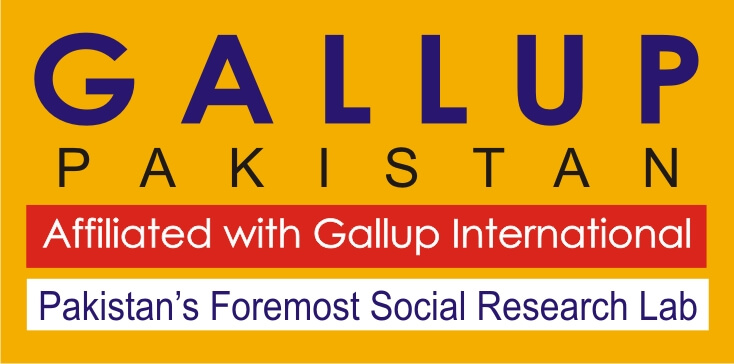Pakistan Businesses Fear Default Still Imminent, Gallup Survey
KARACHI ( Web News )
Majority of Pakistan’s businesses are “not hopeful at all” about the ability of caretaker Prime Minister Anwaar-ul-Haq Kakar to save the country from a potential default on its international financial obligations, shows a latest survey.
The 72% of more than 500 businesses surveyed in the second quarter of 2023 by Gallup Pakistan were found concerned over the country’s potential default.
The survey results come despite Islamabad’s success in securing a $3 billion fresh bailout package form the International Monetary Fund (IMF) that helped dollar-hungry Pakistan avoid an imminent default.
Of the total nearly half, 49% expressed significantly high concern while 17% respondents were not concerned at all, according to the Gallup Pakistan Business Confidence Index Q2 2023 report.
However, the survey found that the business community was less pessimistic about the fate of their businesses than previous quarter despite snowballing crises, worsening inflation and rising power costs.
“Inflation, utility bills and rupee devaluation cause growing concern among business community, but overall fewer businesses express hopelessness compared to the previous quarter,” said the survey report.
Less pessimistic about current conditions, the business owners are largely negative about future prospects and the direction in which Pakistan is heading. “Prevailing economic and political crises have contributed to persisting business insecurity,” it said.
The backbreaking inflation was cited as the most important problem the businessmen would want the caretaker government to solve as price hike has significantly eroded people’s purchasing power besides keeping the interest rate at a record high in recent months.
The freefall of the rupee and the imposition of taxes were other problems more and more businesses want the government to address. The number of businesses facing load-shedding rose by 25% this quarter as 69% said yes when asked if they were braving power outages.
Half of the businesses surveyed said they had laid off their employees because of tough business conditions in the quarter under review, showing 13% increase over the previous quarter.
Asked questions about their current and future business situation as well as the direction of the country, the businessmen’s view on all three fronts was negative.
The scores in each strand, however, rose by a few percentage points as compared to the last quarter.
“While the overall negative trend persists, this indicates a marginal improvement in business confidence after quarter 1,” marked the report.
The current business situation score on Gallup’s second quarter Business Confidence Index has improved by two percentage points regardless of the fact that economic insecurity has risen in Pakistan since the start of the year.
The business owners were equally pessimistic about the future of their businesses as 60% expressed negative expectations this quarter. Only 40% are upbeat things will improve.
The Net Future Business Confidence score has improved by 2% since the beginning of the year and is now at -20%, the survey shows.
Like past two quarters, 88% of the business owners and managers think that Pakistan is heading in the wrong direction.
“The business community’s view about future business in the country is the most pessimistic since Gallup Pakistan started recording this indicator,” said the report adding that the Direction of the Country Score has reduced to -79%, four percentage points less than what it was last quarter.
Half of the businesses surveyed said they had increased their output prices during the quarter under review.
“Less businesses raised prices compared to quarter one, and comparatively more businesses reduced their output prices,” the report said.
This latest survey is the 10th of a quarterly Business Confidence Survey that Gallup Pakistan conducted across the country. The Business Confidence Index is an important barometer capturing the sentiments of business community in any country and used across the world by policy makers. The survey was conducted with around 560 businesses across Pakistan.

